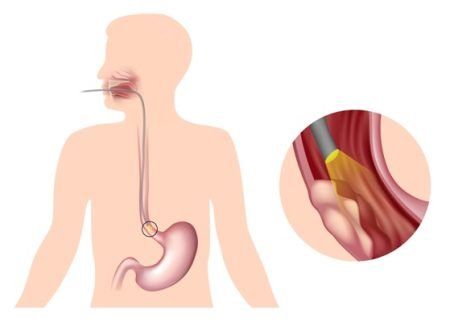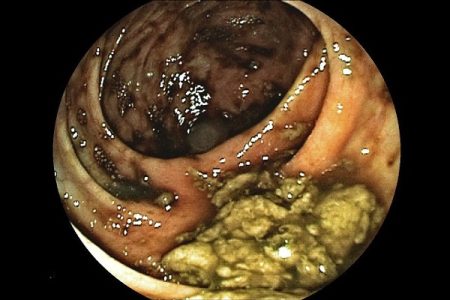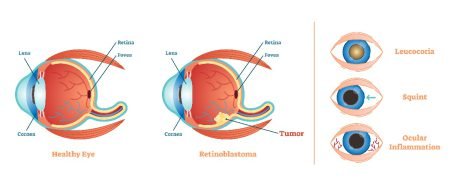Browsing: Esophageal Cancer
Comprehensive Information, Resources, and Support on Esophageal Cancer
Cancer treatments can cause several changes to your body. There are some side effects of each type of cancer treatment, which different people experience differently. As you prepare yourself for cancer treatment, you may benefit from these coping strategies.
Vomiting Blood (Haematemesis): Why Do People Throw Up Blood?
Blood-filled vomiting can indicate a serious issue such as liver cirrhosis or other alcoholic liver diseases. “Throwing Up Blood: Living with Hematemesis” is a guide that covers symptoms, causes, tests, treatments, and coping mechanisms for patients with hematemesis.
Esophageal Cancer: Causes, Signs, Symptoms, Diagnosis, Treatment, Stages, Surgery, Prevention, Survival
Esophageal cancer is a disease of esophagus where the cells lining the esophagus mutate or change and become cancerous. Uncontrolled growths of these cells form a mass or tumour in the esophagus, which may spread to other parts of your body. Oesophageal cancer is ranked as sixth most common cause of cancer deaths worldwide.
Stage 4 Esophageal Cancer
Stage 4 esophageal cancer may be any size and has grown beyond the esophagus. The disease may have spread to lymph nodes or distant organs including the liver or abdominal cavity. Usually, stage 4 esophageal cancers are very hard to treat completely.
Achalasia involves retention of food which can cause certain bacterial infections that result in chronic esophagitis which makes the epithelium more sensitive to carcinogens. This increases the chances of developing esophageal cancer. Read more in this article to understand the link between achalasia and cancer of the esophagus.
Esophageal cancer is a type of cancer in which abnormal cells in the esophagus (food pipe) grow in an uncontrolled…








